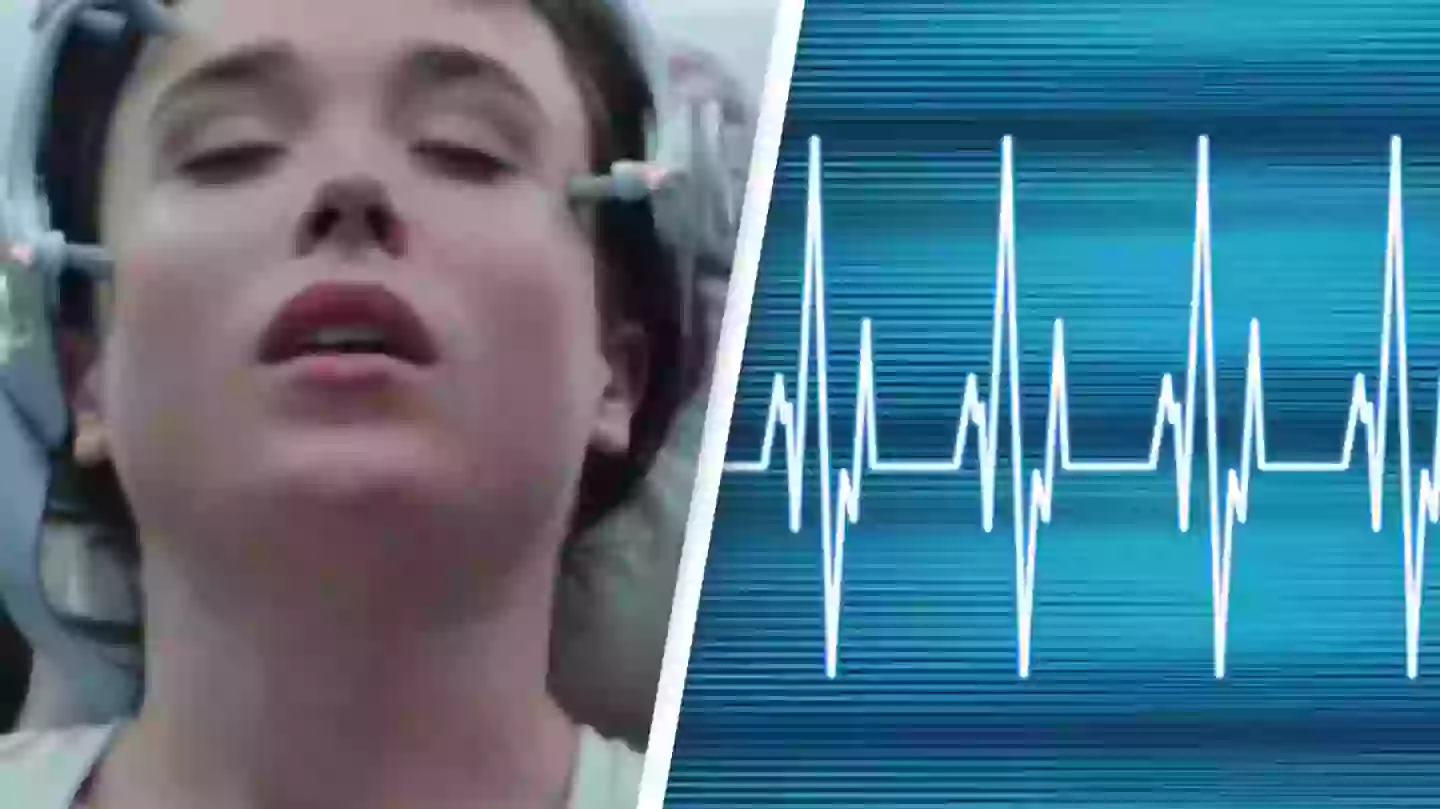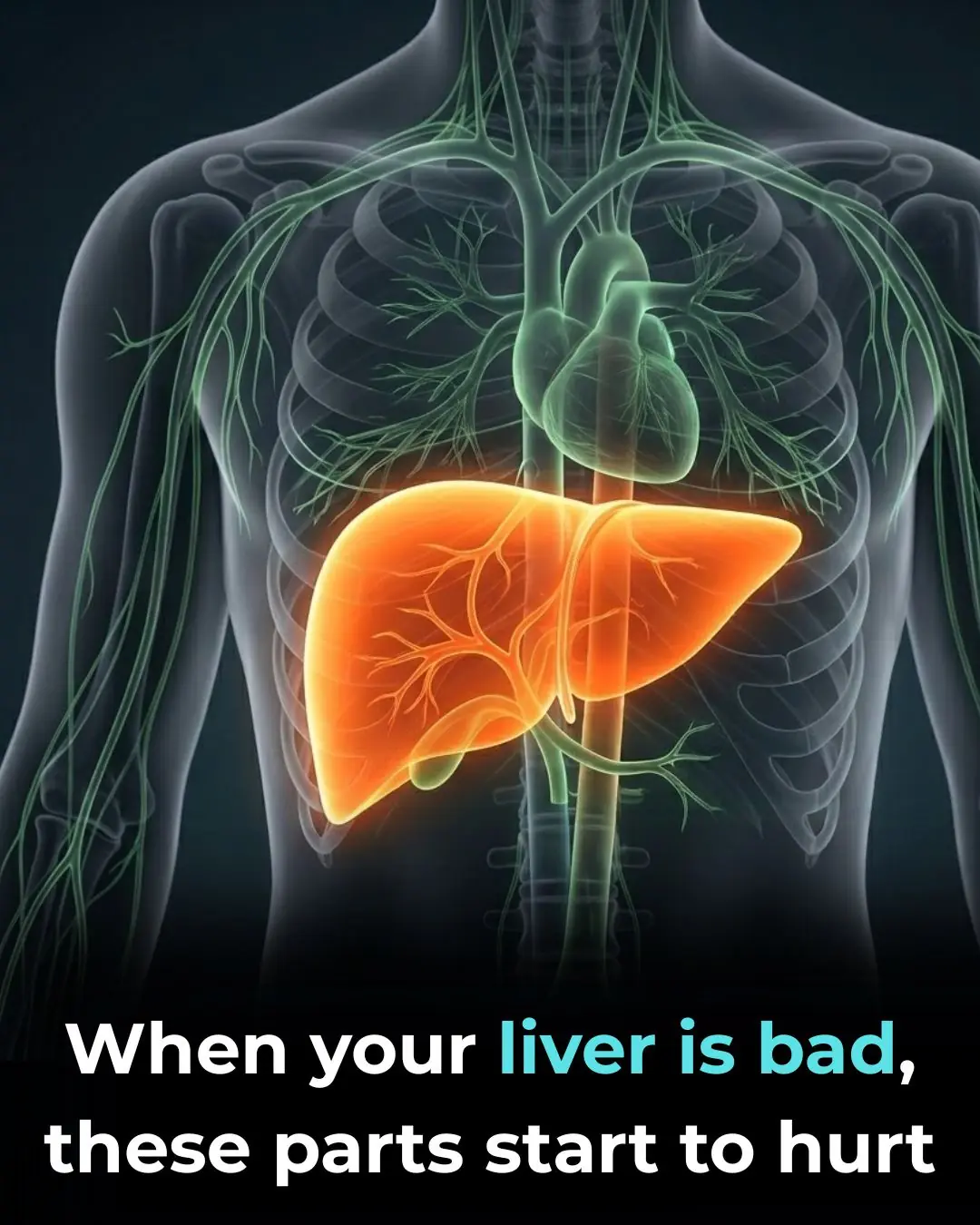
The First-Ever Recording of a Dying Brain May Reveal Our Last Thoughts
The First-Ever Recording of a Dying Brain May Reveal Our Last Thoughts
Humanity has long been curious about what happens in our final moments. Now, scientists believe they've captured a glimpse into our last thoughts before death, offering a fascinating, albeit preliminary, insight into the end of life.
This groundbreaking observation occurred unexpectedly when doctors in Vancouver, Canada, were monitoring the brain activity of an 87-year-old epilepsy patient using an electroencephalogram (EEG). The patient suddenly passed away from a heart attack, and the EEG continued to record.
The test results allowed researchers to piece together the brain's activity in his final moments, specifically the thirty seconds immediately before and after his heart stopped beating.

A "Life Review" in the Brain's Final Moments?
The study, published in the journal Frontiers in Aging Neuroscience, found an increase in "gamma oscillations" in the patient's brain. These specific brain waves are associated with processes like dreaming and memory retrieval. This finding suggests that the old cliché of life "flashing before one's eyes" might hold a scientific truth, indicating the patient was re-experiencing past memories just prior to passing away.
Dr. Ajmal Zemmar, the lead author of the study, explained: “Through generating oscillations involved in memory retrieval, the brain may be playing a last recall of important life events just before we die, similar to the ones reported in near-death experiences.”
He added, “These findings challenge our understanding of when exactly life ends and generate important subsequent questions, such as those related to the timing of organ donation.”
A Glimpse, Not a Definitive Answer
While this is the first time such brainwave alterations have been observed in a human at the moment of death, the study noted comparable changes in brainwaves in rats during their final moments.
However, the research team emphasizes that more investigation is necessary to produce more definitive findings. It's crucial to remember that this data comes from a single case study, and the patient had pre-existing brain damage due to epilepsy. As a result, experts cannot definitively say whether the same event would occur in a different individual without similar brain conditions close to the time of death.
Despite these limitations, Dr. Zemmar offers a comforting perspective: “Something we may learn from this research is: although our loved ones have their eyes closed and are ready to leave us to rest, their brains may be replaying some of the nicest moments they experienced in their lives.”
News in the same category


When your liver is bad. Please check if this is correct.

A Natural Drink to Support Healthy Knees

Vegetables That Help Support Kidney Health

Restore Clear Vision Naturally: The Hidden Power of Oregano for Eye Health

How to Make Okra Water to Naturally Support 17 Aspects of Everyday Health

Folha-da-Vida (Kalanchoe): The Garden Plant Many People Have—but Few Know How to Use

Don’t Toss That Avocado Pit: Practical Tips, Nutritional Insights, and Smart Uses You Should Know

The Secret of Red Onion: A Simple Kitchen Recipe That May Support Metabolic Balance

ALERT: These are the Signs of Sweet Syndrome

Doctors reveal that cassava consumption causes...

Sweet Potatoes for Breakfast

Natural Drinks That May Help Soothe Acid Reflux and Heartburn

You Shouldn't Ignore These Signs: When Your Body Is Trying to Tell You Something

Doctors Stunned After Looking At This X-Ray Of Woman Suffering Joint Pain

Doctors reveal 8 hidden habits that cause bad odor in older women

Natural Ginger, Onion, Garlic, Lemon & Honey Remedy: A Simple Homemade Recipe to Support Immunity and Soothe Colds

The Silent Signal: What Your Legs May Reveal About Pancreatic Health

Common Back-Pain Drug May Be Linked to Higher Dementia Risk, Large Study Finds

The 5 Most Laxative Foods in the World: Nature's Gentle Solution for Digestive Health
News Post

More Than a Moment: Understanding the Layers of Intimacy

When your liver is bad. Please check if this is correct.

Experts Warn Avoid These 4 Foods If You Want to Live Longer

A Natural Drink to Support Healthy Knees

Vegetables That Help Support Kidney Health

They Thought It Was Just a Joke in the Gym. That Single Throw Changed Everything

Restore Clear Vision Naturally: The Hidden Power of Oregano for Eye Health

How to Make Okra Water to Naturally Support 17 Aspects of Everyday Health

The Bridesmaid Spilled Wine and Called Her “A Poor Little Bird.” Then the Best Man Put a Crown on the Bride.

She Struck the “Janitor Bride” in Church—Then the Pastor Dropped to His Knees

Folha-da-Vida (Kalanchoe): The Garden Plant Many People Have—but Few Know How to Use

Don’t Toss That Avocado Pit: Practical Tips, Nutritional Insights, and Smart Uses You Should Know

The Secret of Red Onion: A Simple Kitchen Recipe That May Support Metabolic Balance

The Day Respect Was Conditional

He Dumped Filthy Water on Me at Thanksgiving—Then the Mayor Pulled Up

ALERT: These are the Signs of Sweet Syndrome

Doctors reveal that cassava consumption causes...

Sweet Potatoes for Breakfast

What the First Animal You See Reveals About Your Hidden Flaw
